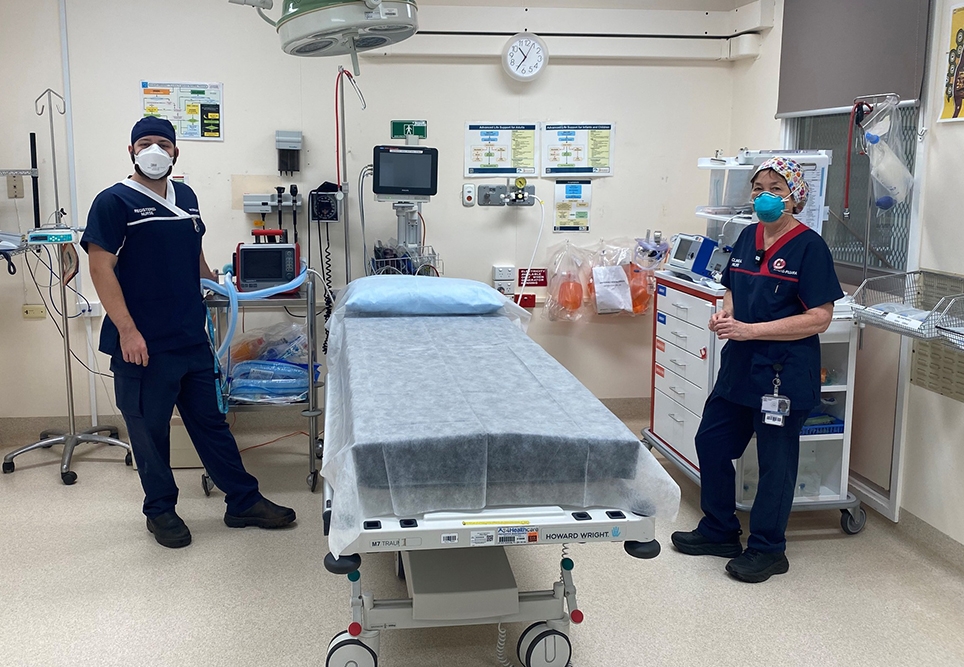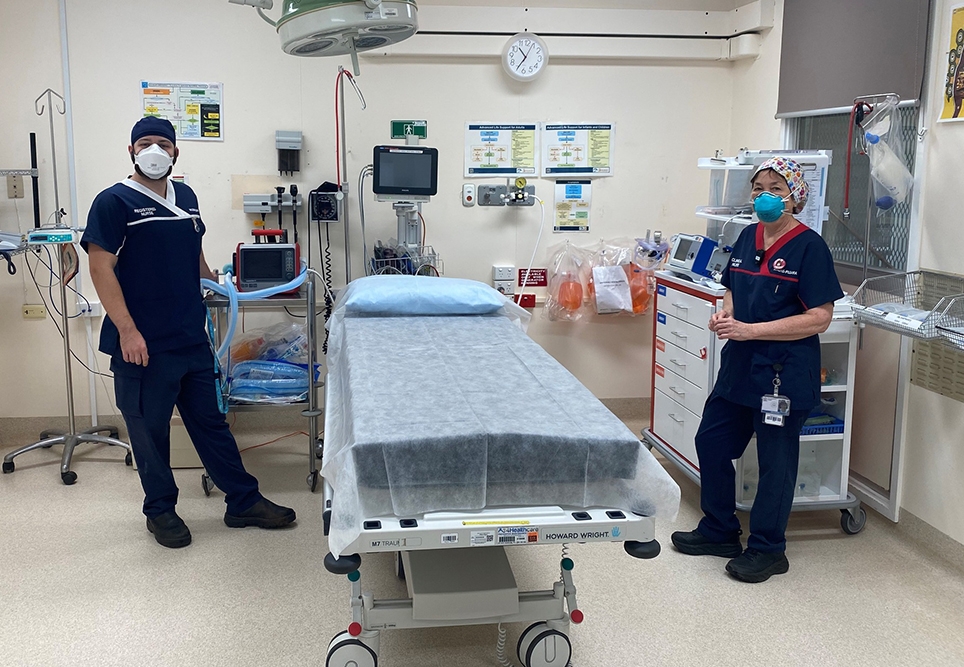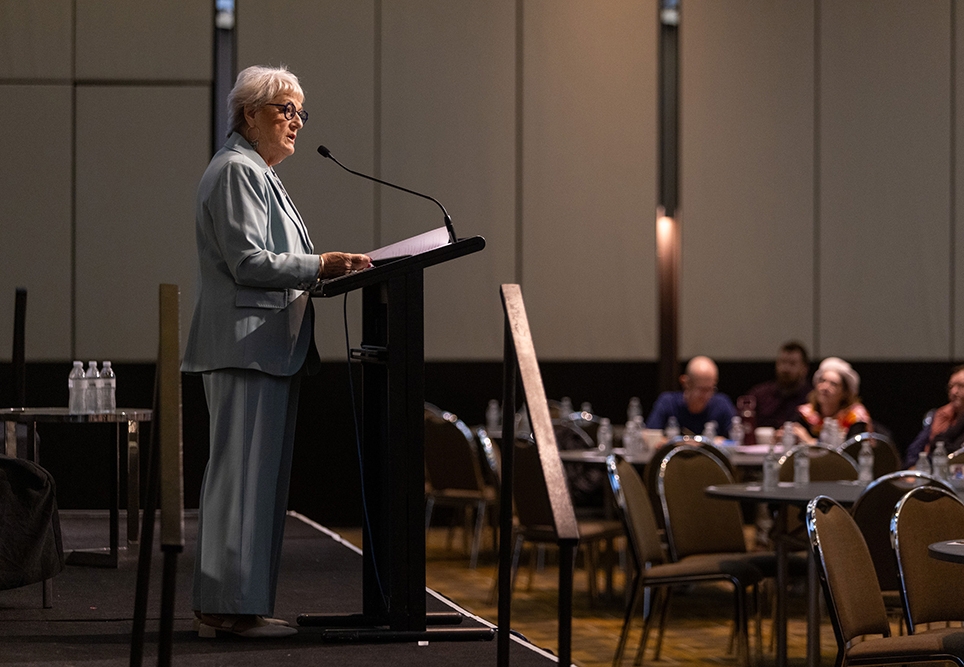Hands-on experience in specialty areas such as emergency is an opportunity rarely offered to city and regional nurses in their first years after graduation.
A WACHS’ program in WA is deliberately targeting new graduates and the benefits are being felt by both the participants and six participating hospitals in the Pilbara region. The program was introduced two years ago and focuses on encouraging clinical capability and confidence.
The experience the participating nurses gain often places them in a competitive position when they look to progress into more senior roles, says Regional Director Nursing and Midwifery Yvonne Bagwell.
“Our program has been designed to educate, mentor, and invest in our nurses from the very beginning and upskill them by providing a variety of opportunities to learn,” WACHS Pilbara says.
Supported by clinical experts and educators, including senior clinical nurse managers, the program gives newly qualified nurses access to a broader scope of care.
This is how newly qualified registered nurse, Eli Foster, working at Roebourne District Hospital, described the initiative – as giving him hands-on development opportunities he never expected.
“The Transition to Practice program offered at WACHS allowed me to gain so many skills valuable to my practice, such as cannulation and patient-focussed assessments,” he says.

“This has helped boost my confidence to practice independently.”
As a result of positive feedback from staff, the program has since been replicated to other clinical areas. The Peri-Operative Transition Program and Cancer Services Transition Program are both in their first year of operation with great feedback already received from participants.



